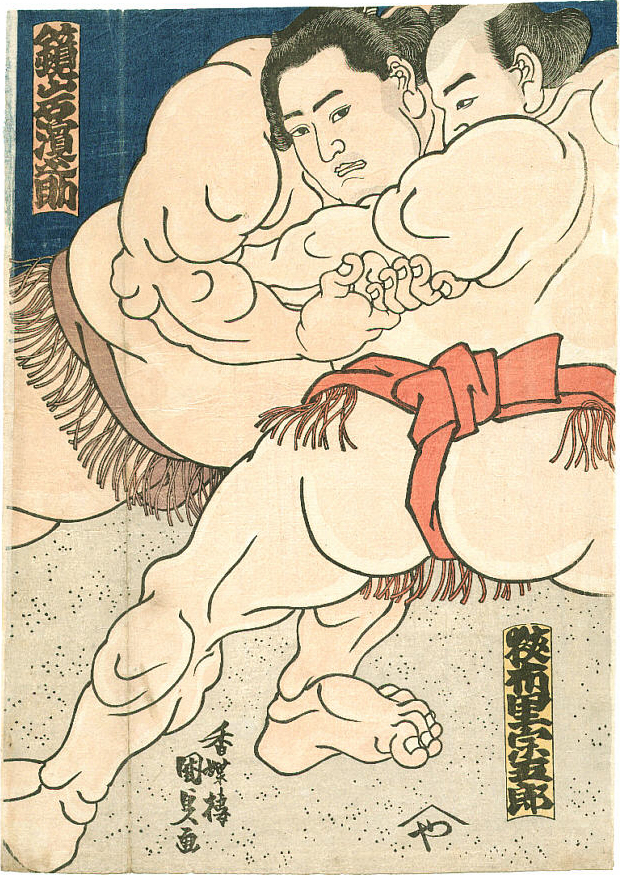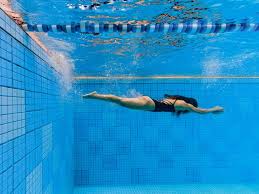Stamp: Olympic Games Tokio (Uruguay 1965)
Olympic Games Tokio (Uruguay 1965)
03 August (Uruguay ) within release Olympics goes into circulation Stamp Olympic Games Tokio face value 1 Uruguayan peso
| Stamp Olympic Games Tokio in catalogues | |
|---|---|
| Michel: | Mi:UY 1015 |
Stamp is square format.
Also in the issue Olympics:
- Stamp - Olympic Games Tokio face value 20;
- Stamp - Olympic Games Tokio face value 40;
- Stamp - Olympic Games Tokio face value 80;
- Stamp - Olympic Games Tokio face value 1;
- Stamp - Olympic Games 1964 face value 1;
- Stamp - Olympic Games 1964 face value 1.50;
- Stamp - Olympic Games 1964 face value 2;
- Stamp - Olympic Games 1964 face value 2.40;
- Stamp - Olympic Games 1964 face value 3;
- Stamp - Olympic Games 1964 face value 20;
|
Data entry completed
50%
|
|
|---|---|
| Stamp Olympic Games Tokio in digits | |
| Country: | Uruguay |
| Date: | 1965-08-03 |
| Print: | Offset and Lithography |
| Perforation: | 12 x 11½ |
| Format: | Stamp |
| Face Value: | 1 Uruguayan peso |
Stamp Olympic Games Tokio it reflects the thematic directions:
Sports, are all usually forms of competitive physical activity or games which, through casual or organised participation, aim to use, maintain or improve physical ability and skills while providing enjoyment to participants, and in some cases, entertainment for spectators. Usually the contest or game is between two sides, each attempting to exceed the other. Some sports allow a tie game; others provide tie-breaking methods, to ensure one winner and one loser. A number of such two-sided contests may be arranged in a tournament producing a champion. Many sports leagues make an annual champion by arranging games in a regular sports season, followed in some cases by playoffs. Hundreds of sports exist, from those between single contestants, through to those with hundreds of simultaneous participants, either in teams or competing as individuals. In certain sports such as racing, many contestants may compete, each against each other, with one winner.
The modern Olympic Games or Olympics (French: Jeux olympiques) are leading international sporting events featuring summer and winter sports competitions in which thousands of athletes from around the world participate in a variety of competitions. The Olympic Games are considered the world's foremost sports competition with more than 200 nations participating. The Olympic Games are held every four years, with the Summer and Winter Games alternating by occurring every four years but two years apart.
Swimming is the self-propulsion of a person through water, or other liquid, usually for recreation, sport, exercise, or survival. Locomotion is achieved through coordinated movement of the limbs and the body to achieve hydrodynamic thrust that results in directional motion. Humans can hold their breath underwater and undertake rudimentary locomotive swimming within weeks of birth, as a survival response. Swimming requires stamina, skills, and proper technique.



